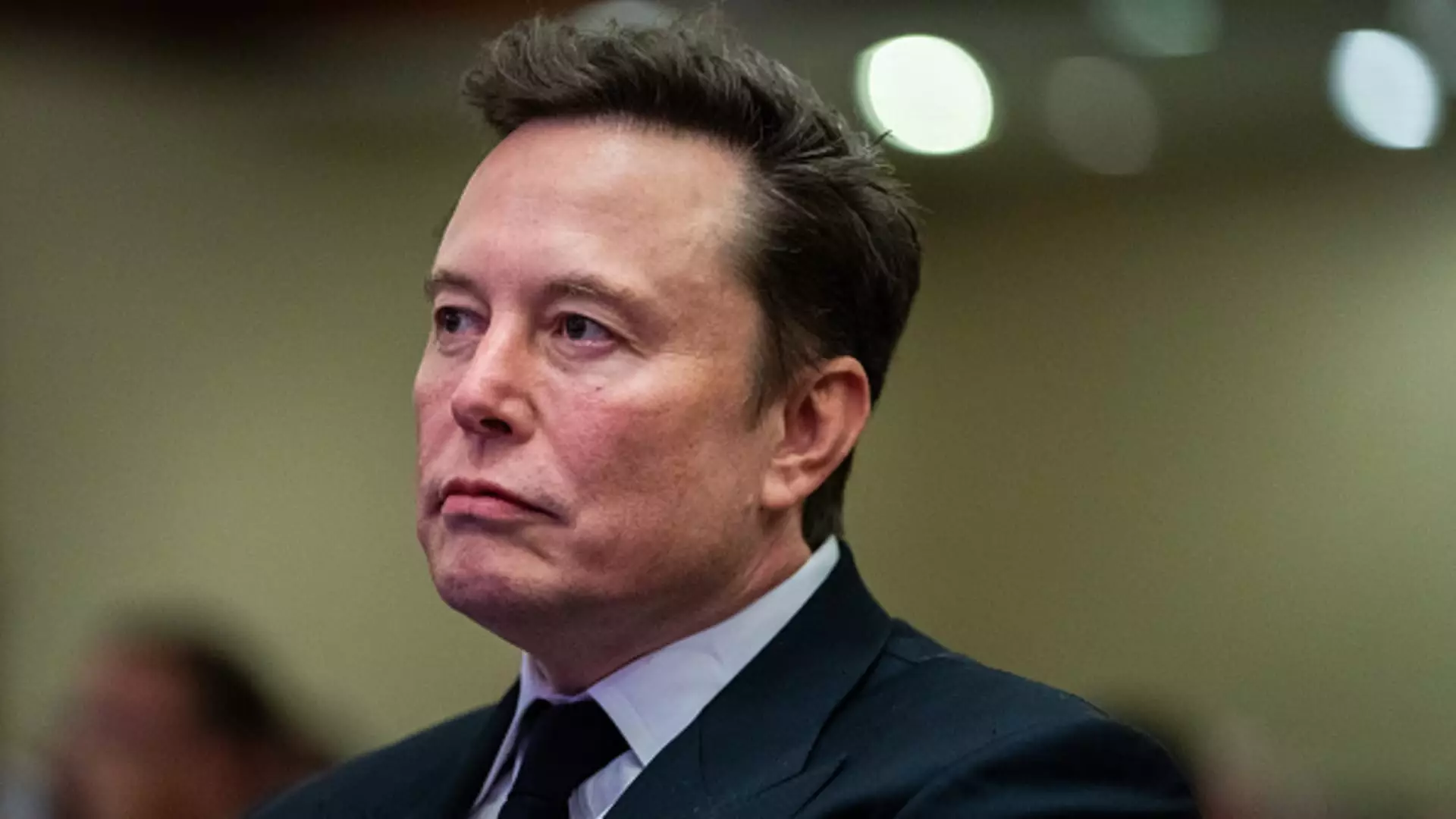In the world of high-stakes corporate governance, few narratives are as compelling as that of Elon Musk and his ambitious 2018 compensation package at Tesla. Recently, Musk confronted a significant legal setback when a Delaware judge ruled against his effort to reinstate the package, which was then valued at an eye-popping $56 billion—making it the largest executive compensation plan in U.S. history. The ruling not only underscores the legal complexities associated with executive compensation but also raises questions about corporate governance and the balance of power between a CEO and their board.
Chancellor Kathaleen McCormick’s decision to void Musk’s pay package was rooted in the assertion that he had exerted undue control over Tesla’s board, effectively dictating the terms of his own compensation. This decision, pronounced on January 30, revealed a judicial interpretation of fairness in corporate governance, particularly concerning a CEO’s influence over the board. In her ruling, McCormick characterized the approval process of Musk’s compensation as “deeply flawed,” suggesting a troubling lack of independent oversight.
Following this conclusion, Tesla’s attempt to restore Musk’s pay package through a shareholder vote in June 2024 was met with another blow. The court discerned that even if shareholders had ratified the package, it would not rectify the fundamental procedural issues that marked its initial approval. The judge’s statement that allowing defeated parties to create new facts post-judgment would lead to endless litigation reflects a stringent stance on preserving judicial integrity.
Perhaps most telling of the court’s position on this matter is the approval of a $345 million attorney fee award to the law firm that represented Tesla shareholders. This financial recompense underscores the seriousness of the lawsuit and the diligence of the legal team to hold Musk accountable for his actions. The firm, Bernstein, Litowitz, Berger & Grossmann, expressed satisfaction with McCormick’s ruling, highlighting the importance of ethical standards in governance. This incident serves as a cautionary tale for corporations, emphasizing that shareholders have the power to challenge perceived injustices, especially when their financial interests are at stake.
In response to the ruling, Musk did not shy away from expressing his discontent, labeling the legal proceedings as “absolute corruption” on his preferred social media platform, X. His reaction points to a broader narrative where high-profile executives often push back against judicial scrutiny. It’s also noteworthy that Musk has since politically maneuvered to shift Tesla’s incorporation to Texas, alongside his defense contractor firm, SpaceX. This geographical pivot indicates Musk’s desire to escape what he perceives as a legal quagmire in Delaware.
Interestingly, despite the adverse ruling, Musk’s financial fortunes seem largely insulated. In recent weeks, his net worth has soared, largely driven by a surge in Tesla’s stock, which saw a remarkable 42% increase following the recent political climate shifts. This rise further emphasizes the dichotomy faced by Musk; while he grapples with legal challenges, his market position and wealth appear to remain robust.
Musk’s experience with the courts and his massive pay package brings to light the ongoing debate surrounding executive compensation in publicly traded companies. Critics often argue that astronomical pay packages, particularly those like Musk’s, can create dangerous disincentives and raise ethical questions about the alignment of executive interests with those of shareholders. The courts, as evidenced by McCormick’s ruling, seem increasingly attentive to these concerns, suggesting a potential shift towards more rigorous standards for corporate governance.
Elon Musk’s ongoing legal tribulations illustrate a complex intersection between corporate governance, executive compensation, and shareholder rights. The series of events surrounding his 2018 pay package not only showcases the courts’ willingness to challenge executive overreach but also raises critical questions about the ethical responsibilities of CEOs and their boards. As Musk continues to navigate this intricate landscape, the outcomes may have lasting implications not just for Tesla, but for corporate governance standards across the boardroom of America. The underlying message appears clear: accountability is paramount, and the courtroom may increasingly serve as a battleground for executive ethics in the years to come.


Leave a Reply